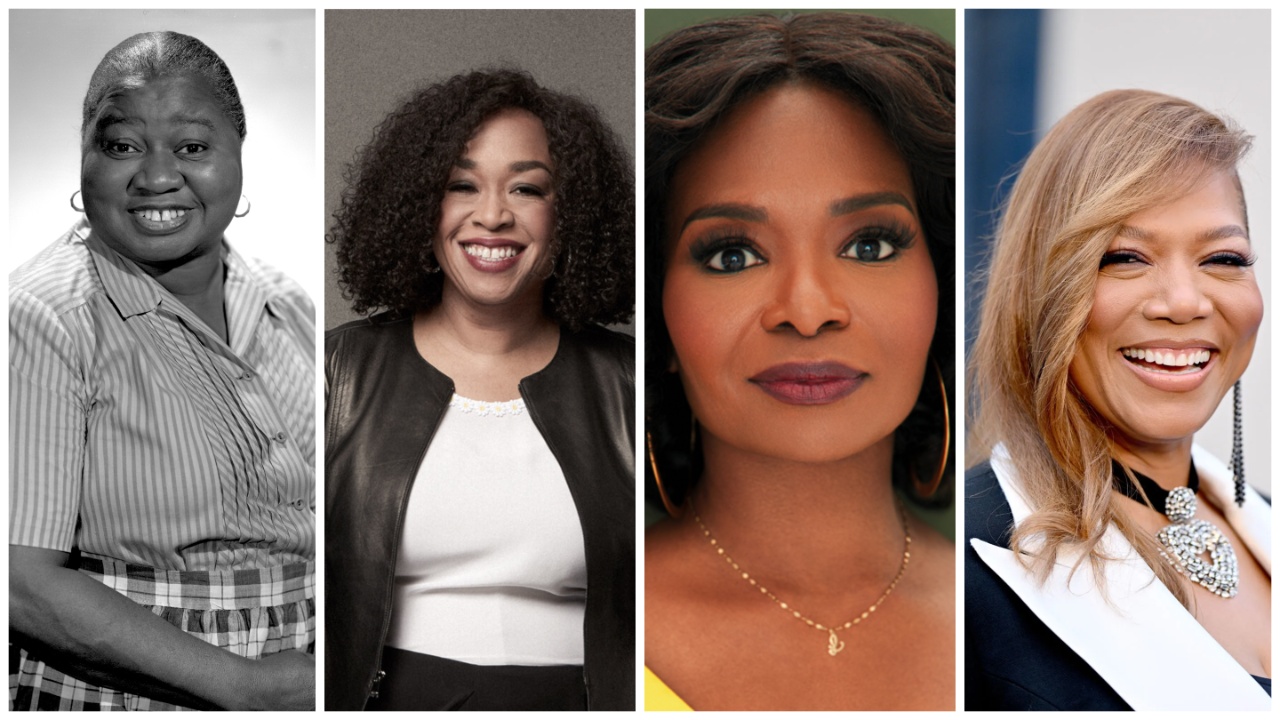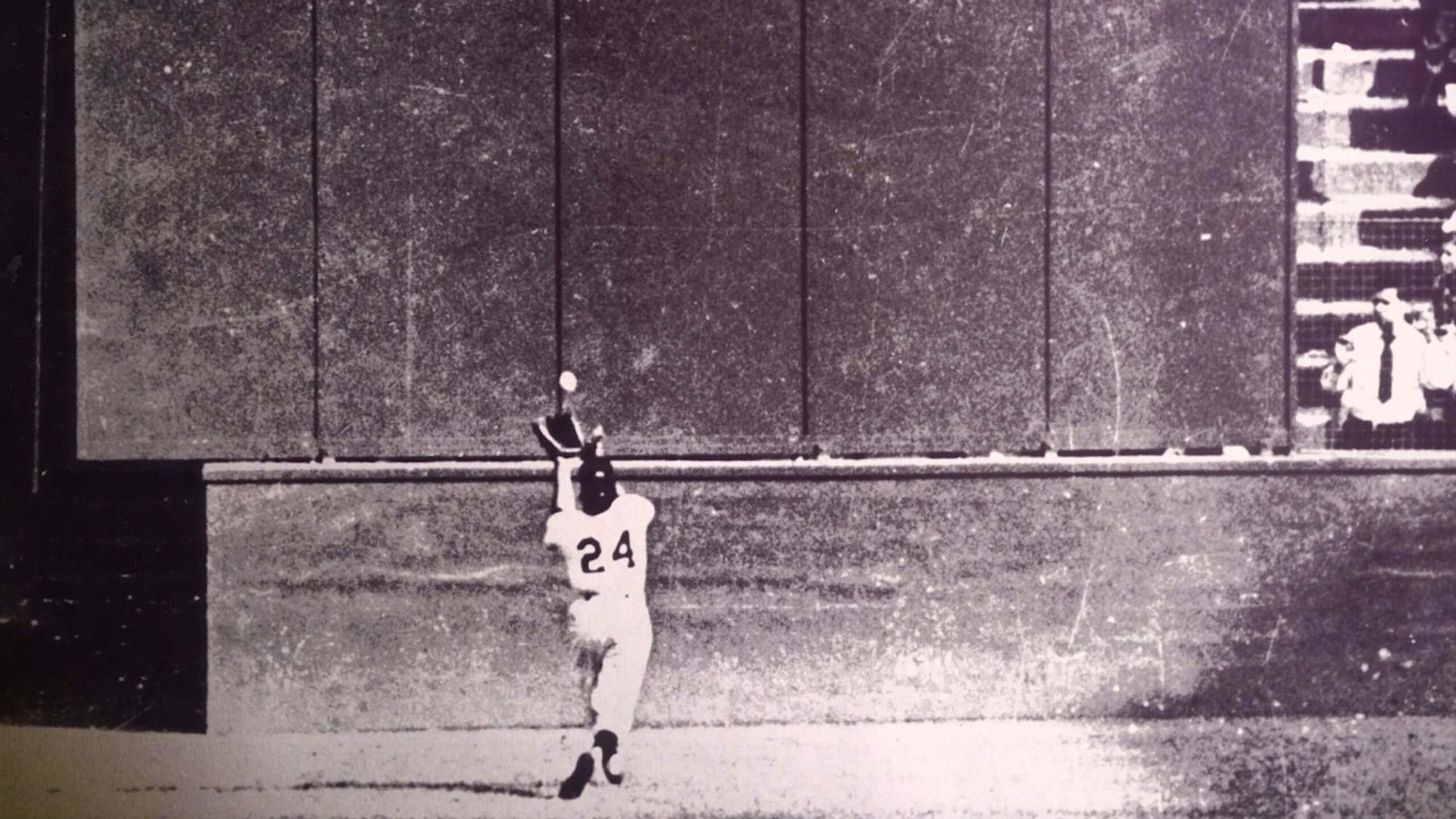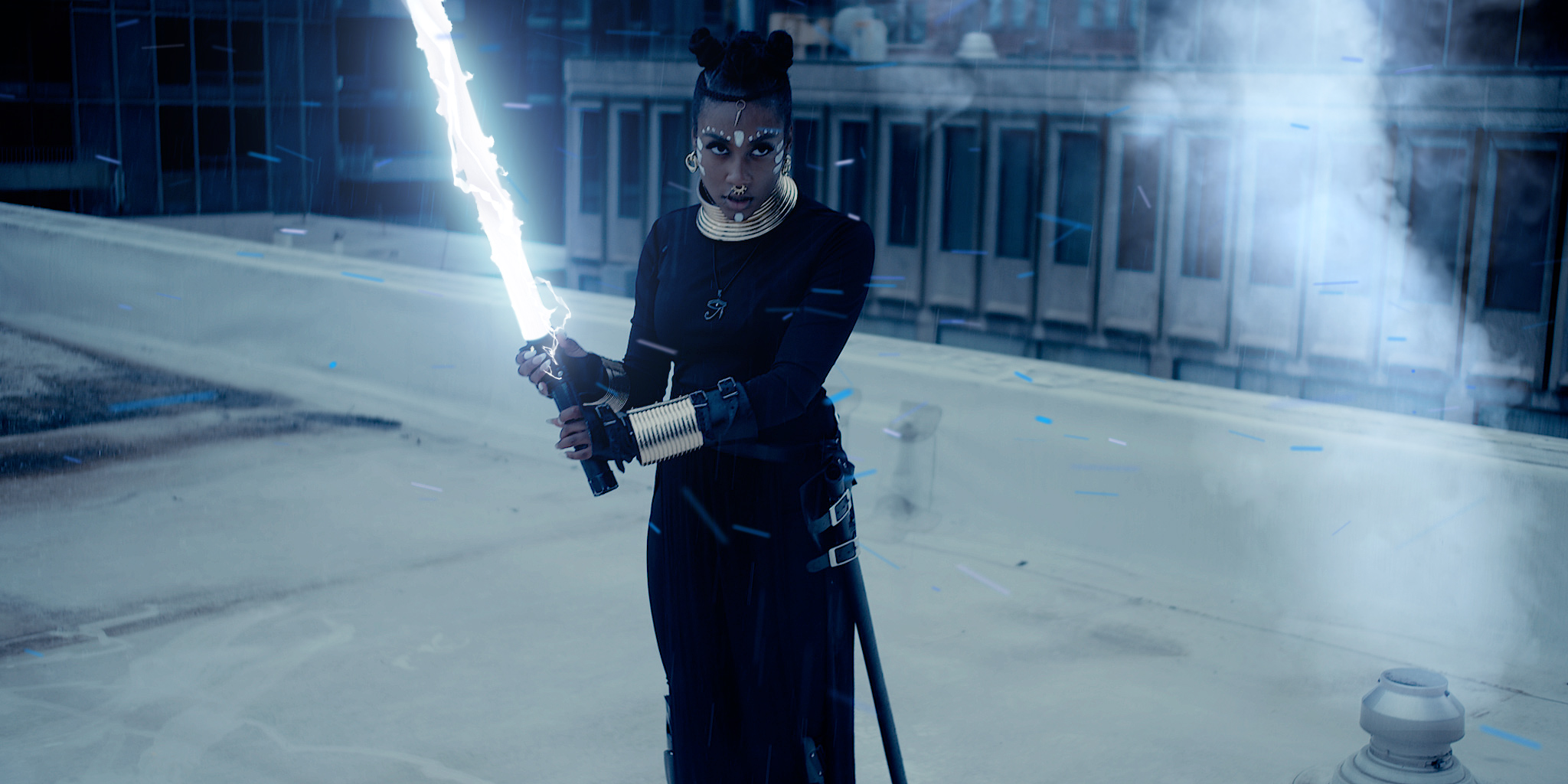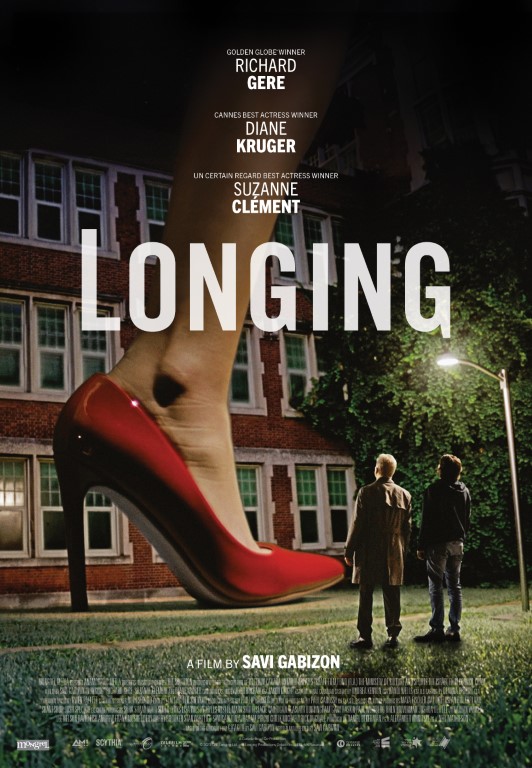From Hattie McDaniel to Shonda Rhimes to Debra Martin Chase, Black women have shifted the narrative and broken down barriers where we were never expected, welcomed, or encouraged to succeed. As women leaders, there has been a tendency for the powers that be to seek out ways to cut us off and push us out. It starts with weaponizing fiscal frailty and figuring out how to avoid isolation as we attempt to move things forward. They were often the first to go into these spaces alone. Now, some women have created something magical and powerful about the possibilities in all lanes of our industry while simultaneously holding space for the generations to come.
This narrative blazes in theater, film, and television, where a few women have kicked down the door while furthering the progress women of color in the present and future by taking matters into their own hands.
As a veteran theater and entertainment professional for over 40 years, Tony Winner LaChanze is currently a producing partner with Marylee Fairbanks on the new Broadway musical “The Outsiders,” which received 12 Tony Award nominations including Best Musical in 2024, along with “Jaja’s African Hair Braiding” (five 2024 Tony nominations, including Best Play) and “Here Lies Love” (four 2024 Tony nominations). LaChanze, as President of Black Theatre United, a community of creatives dedicated to awareness, accountability, and advocacy, worked with the Shubert and Nederlander Organizations to rename the Cort Theatre to the James Earl Jones Theatre and the Brooks Atkinson Theatre as the Lena Horne Theatre.
In addition to producing, Black women directors, playwrights and choreographers like Schele Williams (“The Wiz,” “The Notebook”), Patricia McGregor (artistic director of New York Theatre Workshop), Dominique Morriseau (“Ain’t Too Proud,” “Skeleton Crew”), Lynn Nottage (“Ruined”) and Camille A. Brown (“For Colored Girls,” “Once on This Island”), LaTanya Richardson-Jackson (“A Piano Lesson”) have been shaking things up since Lorraine Hansberry hit the scene with A Raisin in The Sun.
“The Idea of You” instantly became a bestseller and social media juggernaut with its storyline around a 40-year-old woman in an age-gap love affair. What most people don’t know is the scorching hot tale was created by actress Robinne Lee. A Yale and Columbia Law School graduate who has enjoyed major film success in hits like “Deliver Us from Eva,” “Hitch,” and two films in the “Fifty Shades” franchise, her book was adapted into a hit film starring Anne Hathaway and Nicholas Galitzine. At 49, it looks like Robinne had the last laugh, with a seismic shift of a character whose age proves no limits to what relationships can be depicted on screen (or for Lee as an author/actress off-screen).
When Diahann Carroll hit the small screen in “Julia,” the Black community was elated as we could finally witness a Black woman as the lead of a network television program for the first time. Since then, Shonda Rhimes has created a plethora of opportunities for Black actresses, including the wildly popular “Scandal” starring Emmy nominee Kerry Washington. Washington has picked up the mantle, starring in Hulu’s “Unprisoned” and producing “Reasonable Doubt” through her company Simpson Street, starring Emayatzy Corinealdi.
We would be remiss not to pay homage to another groundbreaker in the television landscape: The Queen of Rap, Queen Latifah.
Latifah has been switching it up on folks for decades. When the industry tried to pigeonhole her into a rapper, she released a jazz album, got nominated for an Academy Award for playing Mama Morton in “Chicago,” hosted her talk show, and has been the Executive Producer/Star of the hit reboot of “The Equalizer” for four seasons alongside Debra Martin Chase and longtime partner Shakim Compere, in a role traditionally inhabited by male actors in film and on television.
From Queen Latifah to LaChanze, it’s evident that great strides have been made for women of color. They also give one confidence that the momentum of that progress will sustain itself. While many women of color have sacrificed and didn’t make it through the glass ceiling, generations since have remained collectively motivated to shatter the ceiling while keeping it in pieces for decades to come.










